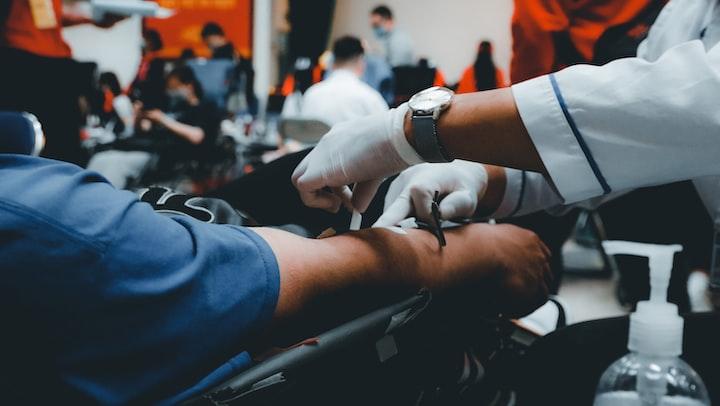Health is defined as a state of complete physical, mental and social well-being, and not merely the absence of disease or infirmity. It is a dynamic state, meaning that it is always changing in response to the individual’s environment and lifestyle choices.
There are several different types of health: physical health, mental health, emotional health, social health, and spiritual health. Physical health refers to the body’s ability to function properly both physically and mentally. Mental health refers to a person’s ability to cope with stressors in their life and maintain a positive outlook. Emotional health refers to a person’s ability to regulate their emotions and respond effectively to life experiences. Social health refers to a person’s ability to interact effectively with others and build relationships. Spiritualhealth refers to a person’s sense of purpose and meaning in life.
Physical Health
Physical health is a state of complete physical well-being – it is the ability to function physically, mentally, and socially. It includes not only the absence of disease and infirmity, but also a sense of vitality and well-being.
What are the different types of physical health?
There are four main types of physical health: cardiovascular fitness, muscular strength, flexibility, and body composition. Cardiovascular fitness refers to the functioning of the heart and lungs to supply oxygen to working muscles during sustained periods of activity. Muscular strength is the amount of force that a muscle can produce. Flexibility refers to the range of motion around joints. Body composition is the ratio of fat mass to lean mass in the body.
How important is physical health? Physical health is important for overall well-being and quality of life. It helps reduce the risk for developing chronic diseases such as heart disease, stroke, cancer, and diabetes; helps maintain mental health; promotes healthy aging; prevents injuries; and reduces disability rates.
Why is there a need for different types of physical activity? Cardiovascular fitness requires activities that use large muscle groups continuously for prolonged periods (30 minutes or more). Muscular strength uses all muscle groups with resistance training 2 3 times per week using weights or other resistance devices such as rubber tubing or your own body weight (pushups). Flexibility should be worked on daily through stretching exercises that help keep your muscles limber and prevent injury during activities requiring range-of-motion movements (such as tennis). Body composition can be improved through diet modification combined with cardiovascular exercise 3 5 times per week for 45 60 minutes at an intensity level that elevates your heart rate into what’s called your “fat burning zone.”
Mental Health
There are many different types of mental health disorders, each with its own symptoms and level of severity. Some of the most common types of mental illness include anxiety disorders, depression, bipolar disorder, eating disorders, and schizophrenia.
Mental illness can be caused by a variety of factors, including biological factors (such as genes or brain chemistry), psychological factors (such as stress or trauma), or social factors (such as poverty or discrimination). Mental illness is often treatable with therapy, medication, or other forms of support.
If you think you may be suffering from a mental health disorder, it is important to seek help from a qualified professional. Mental health disorders can be difficult to deal with on your own and can lead to serious consequences if left untreated.
Social Health
Social health refers to the overall wellbeing of an individual in society. It encompasses all aspects of an individual’s life, including their relationships, work, and leisure activities. A person’s social health is determined by many factors, such as their economic status, education level, and support network.
Good social health is essential for a person to lead a happy and fulfilling life. It can help them to form strong relationships, find meaningful work, and participate in their community. Social health also plays a role in physical health; studies have shown that people with strong social connections are more likely to live longer and have better overall physical health.
There are many ways to improve one’s social health. Some individuals may need to seek professional help if they are struggling with mental illness or addiction. Others may benefit from joining community groups or volunteering their time to help others. Whatever the approach, taking steps to improve social health can have a profound impact on an individual’s quality of life.
